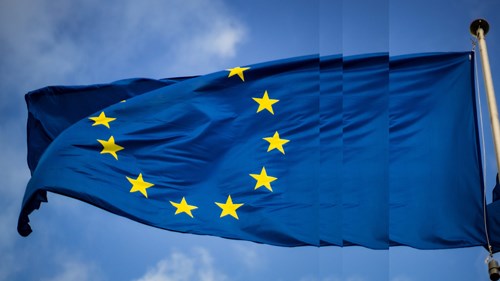Revised 2015 German Act against Unfair Competition has come into force
The latest revision of the German Act against Unfair Competition (the “Act”) has been finalised and became law at the beginning of December 2015. The legislator has therefore achieved its aim of completely adapting the German Act against Unfair Competition to the requirements of the Unfair Commercial Practices Directive (2005/29/EC) (“UCPD Directive”). While the original draft bill of the German Federal Ministry of Justice (“draft bill”) and the revised government bill (“government bill”) still contained provisions which would have led to loopholes and amendments with such a major effect on the old legal situation that they would have required additional consent, this danger does not exist under the amending act now adopted and already in force.
I. Overview
The revised Act against Unfair Competition retains the Act’s broad scope of application. The Act will continue to apply both to B2C and B2B business in the future. However, it now makes a clearer distinction between the standards giving protection exclusively to competitors and the standards serving to protect consumers and other market participants. This does not involve substantive changes, since the legislator leaves the standards themselves untouched. The Act’s provisions on legal consequences are also left unchanged.
II. Retention of general clauses in section 3 of the Act
As in the past, section 3 subsection 1 Act against Unfair Competition contains the general clause for the B2B sector and section 3 subsection 2 of the Act contains the general clause relating to consumers. However, the latter has been modified to more clearly meet the requirements of the UCPD Directive through the new definitions included in the list in section 2 of the Act regarding “material influence on the economic behaviour of consumers” (section 2 subsection 1 no. 8 of the Act) and the “transactional decision” (section 2 I no. 9 of the Act). The previous “professional diligence” has been replaced by “entrepreneurial diligence” (section 2 no. 7 of the Act), meaning that it is also clearer from the wording that the traders are the addressees of the duty of care.
III. Restructuring of protection of competitors and breach of the law
The standards in section 4 of the old Act, which previously contained examples of unfair commercial practices, have been comprehensively revised. The new section 4 of the Act now exclusively serves to protect the interests of competitors. The examples in the former numbers 7 to 10 of the old Act have been merged into section 4 numbers 1 to 3 of the Act and will continue to retain their character as examples of unfair practices in the future. The standard of breach of the law (section 4 no. 11 of the old Act), which has significant relevance in practice, has been exported to a new section 3a, since an unfair breach of the law can have an adverse effect on the interests of consumer as well.
The examples deleted from section 4 numbers 1 and 2 of the old Act (influencing freedom of decision by exerting inappropriate influence and exploiting special factors leading to a need for protection) have been integrated into the newly created standard of aggressive business practices under section 4a of the Act. However, the inclusion of “other market participants” as persons being addressed by the standard means that the dividing line between the law on fair trading and antitrust law becomes blurred, potentially leading to negative effects on legal certainty.
The old examples in section 4 of the old version of the Act (no. 3: concealing the nature of advertising; no. 4/5: lack of transparency in sales promotions or competitions) were already misleading practices before the revision and the contents of the provisions are now correctly found in sections 5 and 5a of the Act.
The legislator has taken up the provisions relating to omitting or concealing material information or providing material information which is unintelligible, ambiguous or untimely in the newly structured section 5a of the Act, thereby orienting itself more closely to the wording of the UCPD Directive. The factors affecting the mode of communication that are to be taken into account (for example geographical limitations, alternative measures by the trader) and which may provide grounds for the omission of information in individual cases will in future be found in section 5a subsection 5 of the Act.
Further reading: New EU trade mark regime takes shape








